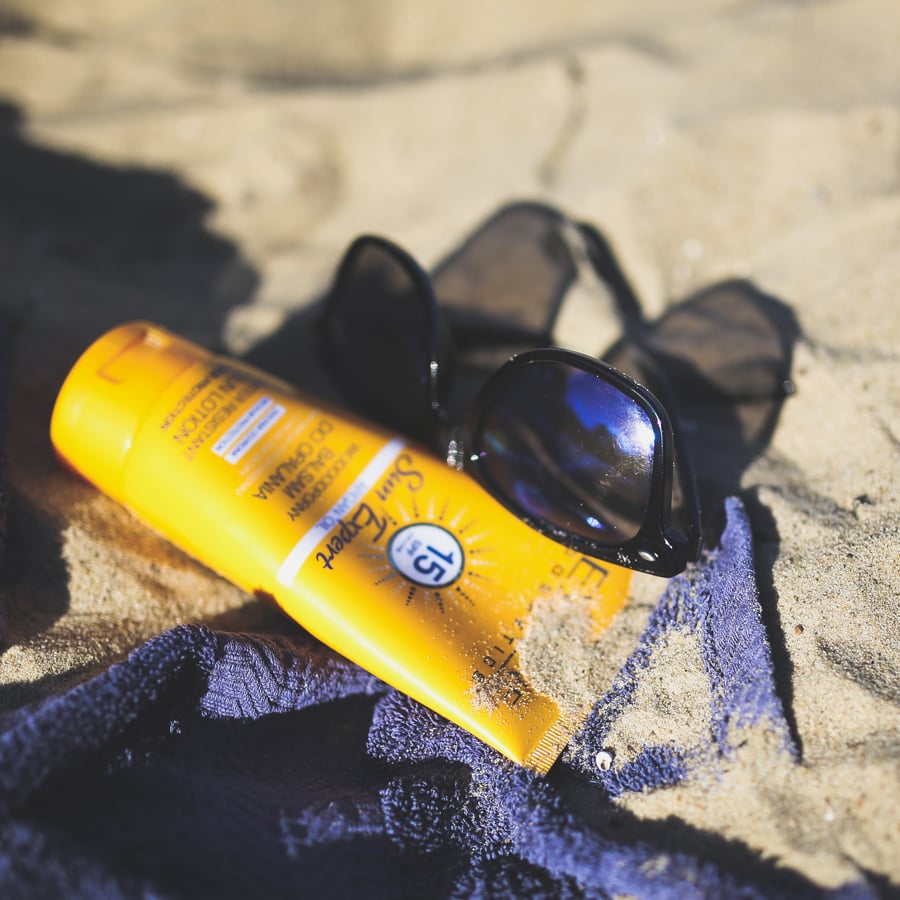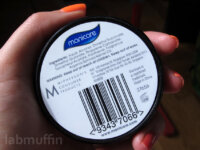A question I get asked a lot is: Does a moisturiser with SPF give your skin the same sun protection as a sunscreen with the same SPF?

The short answer is yes! All products with labelled SPF values, including moisturisers and foundations and powders, go through the same testing procedures as sunscreens to determine their sun protection ratings (the exact testing procedures depend on the countries in which the product is sold).
There are a few details to note though:
Application
You have to still apply 2 mg per cm² (around 1/4 teaspoon) to achieve the protection stated on the product. This is a fair bit! Sunscreens are theoretically designed to be used at these amounts, although some implement this better than others – if you’ve tried enough sunscreens, you’ll know that weird moment when a sunscreen decides to come off your skin in rolls. Most moisturisers can be used at these amounts too without issues, and often they’ll even sink in better than sunscreens! On the other hand, products like powders and foundations may look ridiculous if you apply that much, in which case it’s better to top up your sun protection with another product.
“Broad spectrum”
Sunscreens are often certified as broad spectrum, meaning that they offer UVA protection, while many non-sunscreen products have SPF ratings only. There are exceptions to this – for example, many Asian BB creams have a measured UVA protection value, while a lot of sunscreens don’t.
Durability
Many sunscreens are designed and tested to be water resistant, whereas moisturisers and make-up are not. This means that if you’re doing an activity where you’ll sweat a lot or there’s a lot of rubbing against clothing, or if you’re immersed in water (swimming, exercising), a sunscreen may stay on your skin and protect you from UV while a different product may wear off, in which case you’ll want to opt for a waterproof sunscreen.
This post contains affiliate links – if you decide to click through and support Lab Muffin financially (at no extra cost to you), thank you! For more information, see Disclosure Policy.






Oh thanks for posting this! I think I’ll still stick to using a separate sunscreen just because it’ll be cheaper.
I was actually wondering, do you know if there’s any point to layering a physical sunblock over a chemical sunscreen? It’s something that I’ve seen people say they do on the net but I can’t find anything conclusive
Chemical sunscreens are better at protecting over a range of UV wavelengths without causing a white cast, but they can break down after a few hours of exposure to light. Physical sunscreens protect at a lower level over most of the spectrum and don’t degrade. So the aim I’m guessing is to ensure that there’s still protection after the chemical sunscreens degrade.
The downsides are that:
* some chemical sunscreen ingredients will degrade faster in the presence of physical sunscreen ingredients e.g. avobenzone breaks down with uncoated zinc oxide
* spreading an extra layer on top will disturb the sunscreen layer so you might get patchier coverage
You could avoid this by finding a sunscreen that has both physical and chemical ingredients 🙂
apply 2 mg per cm² (around 1/4 teaspoon) – Wow, that is a lot. I’ve never seen a specific quantity like that to help judge the right amount. Thanks.
That’s the quantity they use in the experiments to determine what SPF to put on the bottle, adjusted for an average face size 🙂
Wow, I’ve never even thought about this! Very good read, thank you! 🙂
What about mixing them yourself? I have a 50 spf cream by Eau Thermale Avène, by it is quite thick, so I was thinking about mixing it with a regular Nivea Soft cream for face abd hands. I know it won’t be as effective as using the sun cream by itself, but ising 1/3 sun cream and 2/3 Nivea Soft cream… do you think I can rely on the result? Thanks in advance and congrats on you wonderful job with this web!
Thank you!
The problem with mixing sunscreens with other products is that you will generally end up with patchy coverage. I don’t recommend it, but it will be better than nothing…
Hi! I have a couple of questions regarding different sunscreen formulations. Firstly do you have an opinion on sunscreen setting sprays? Do you think that this kind of formula will provide adequate protection? Secondly, what is your take on liposomal sunscreen? It has been brought to my attention that there is academic literature suggesting the liposomes draw the uv rays into the skin leading to increased damage. As i dont have a scientific background I am hoping you may be able to explain this haha. Thanks for being so insightful!